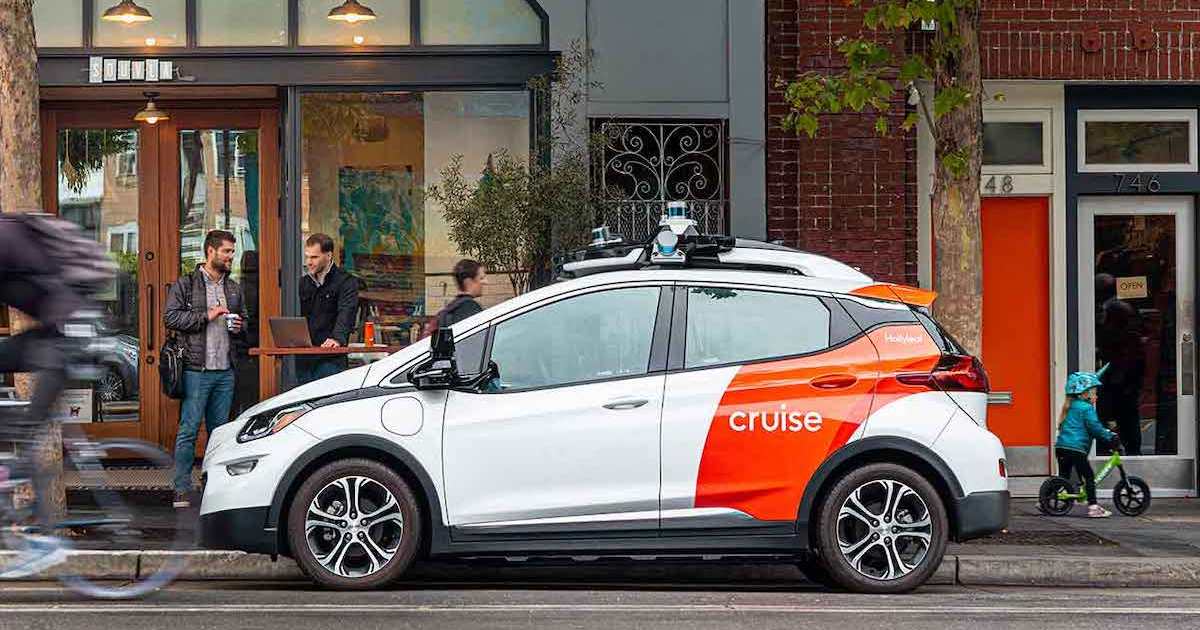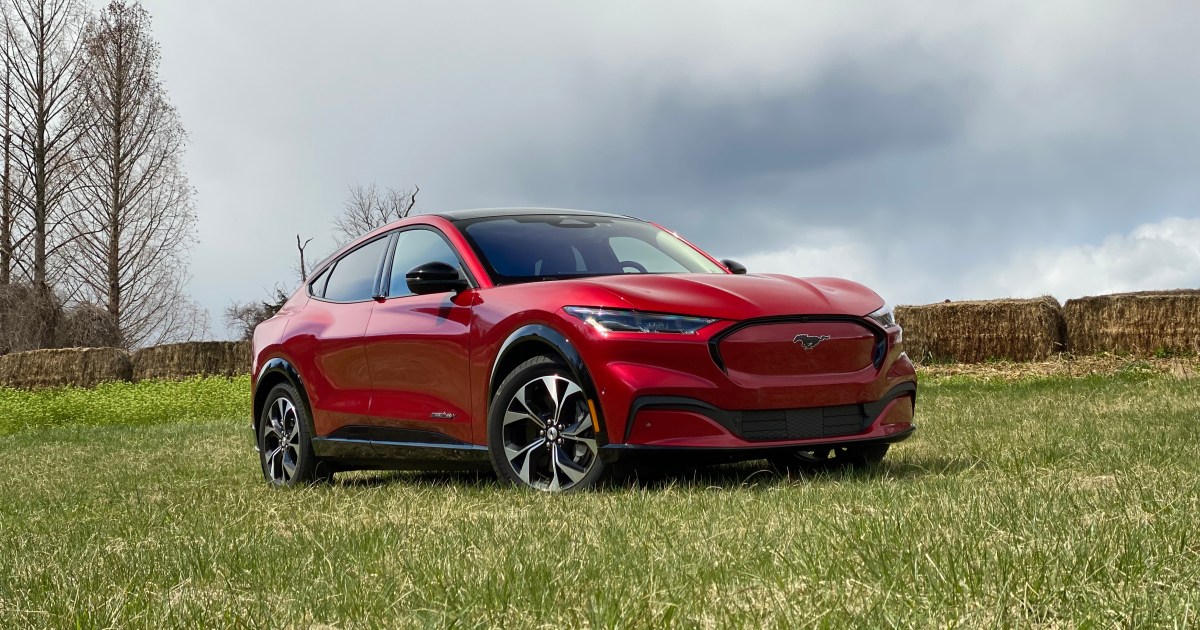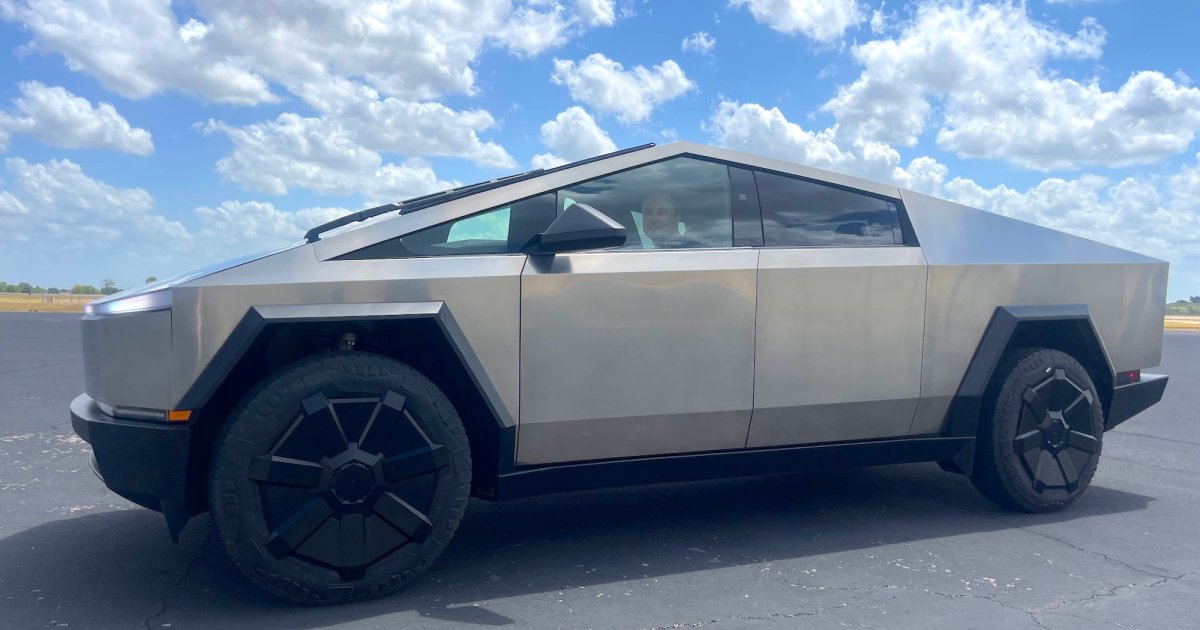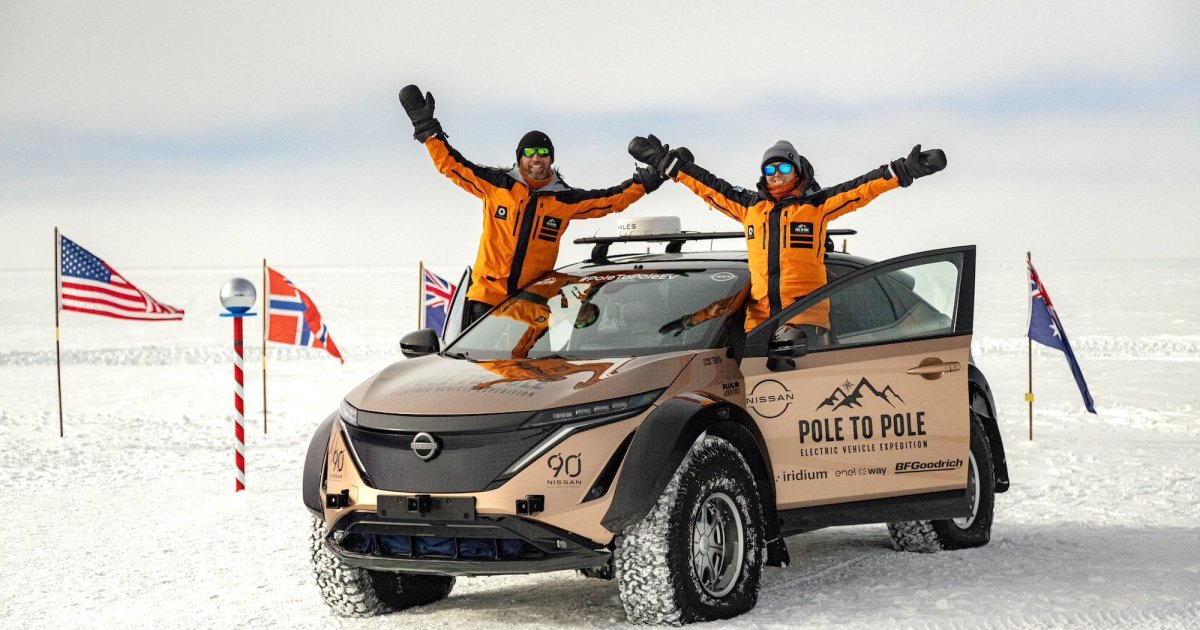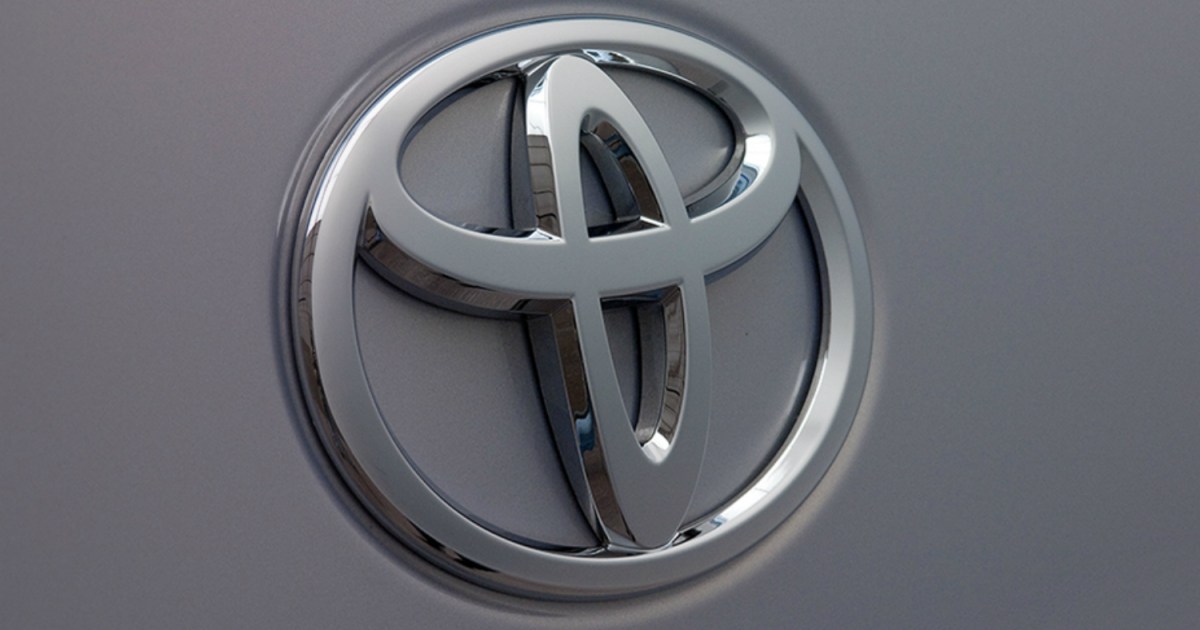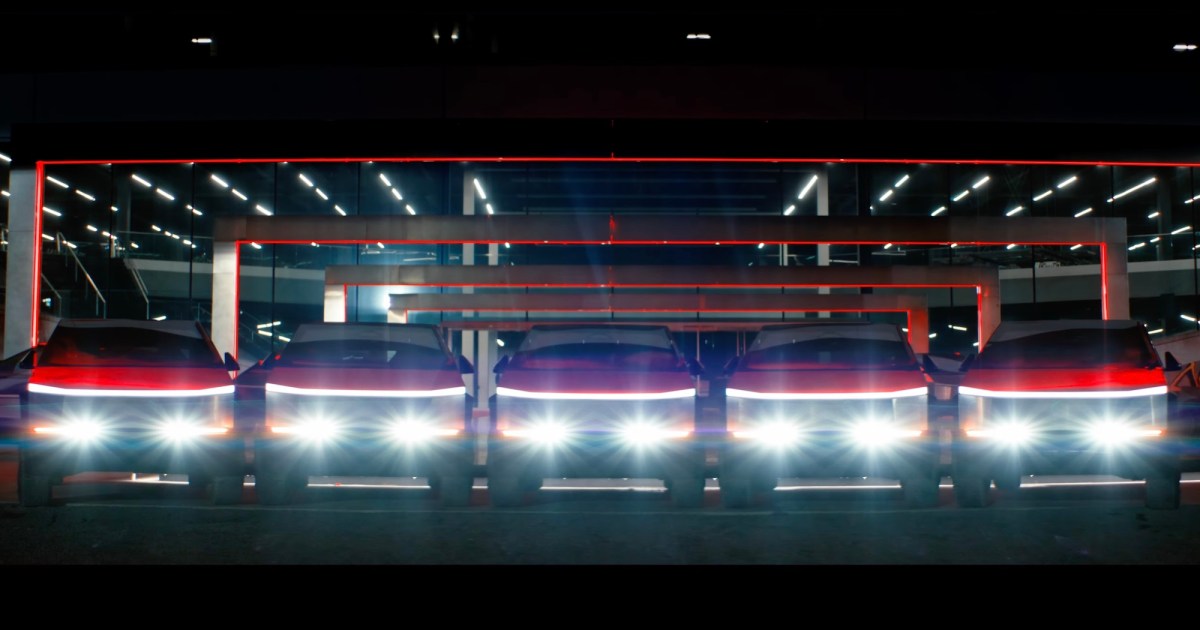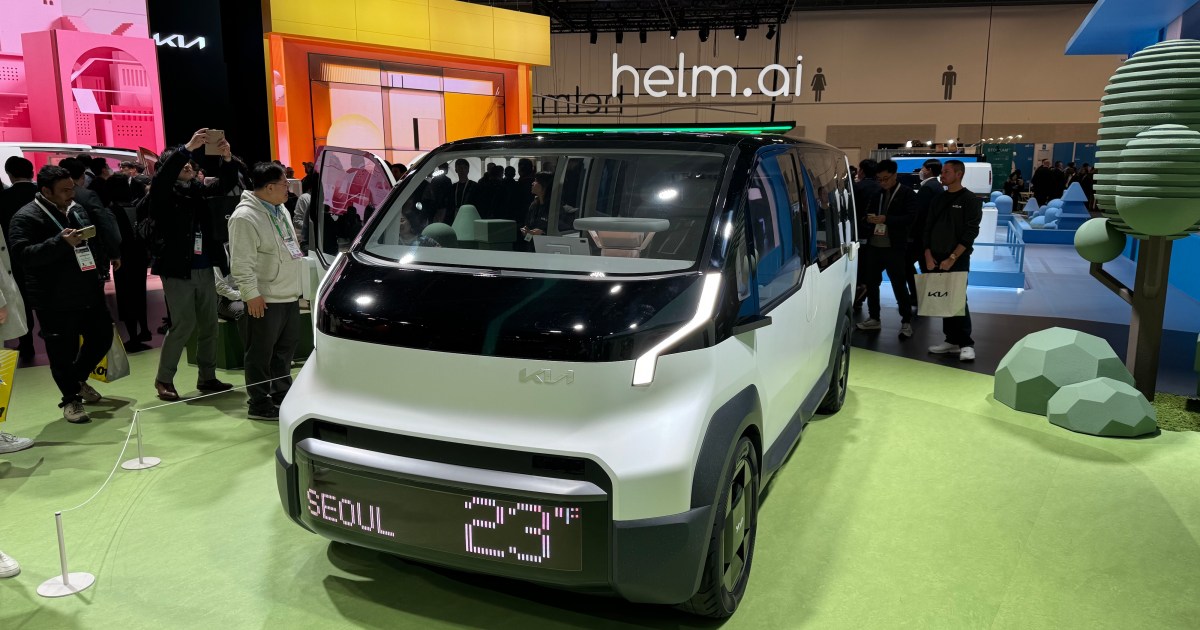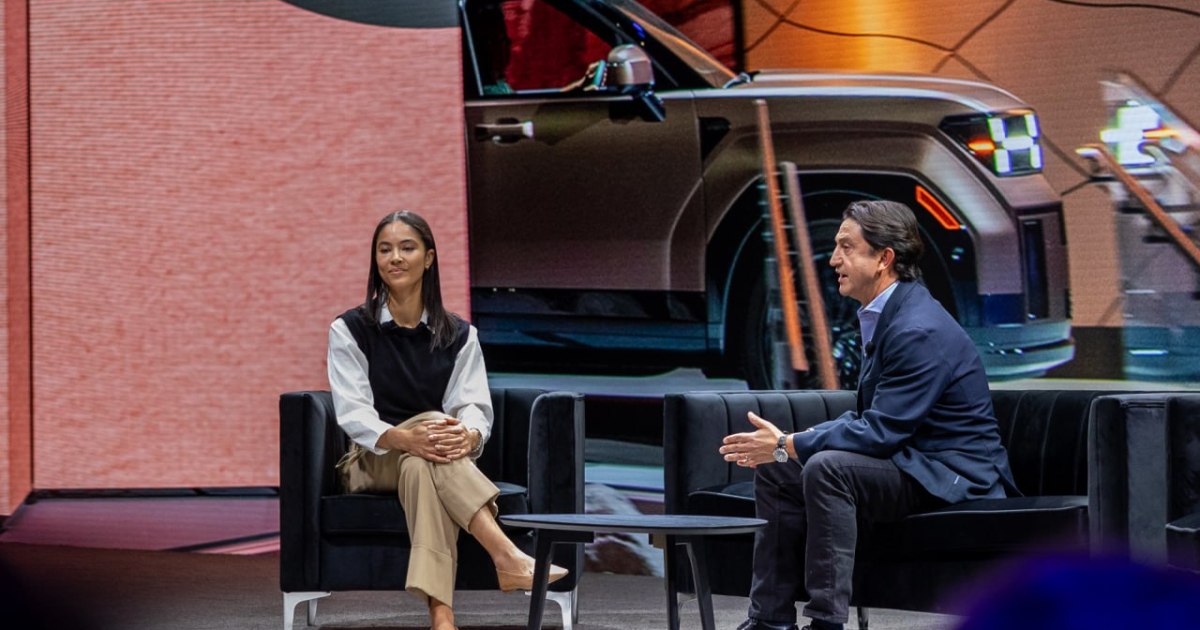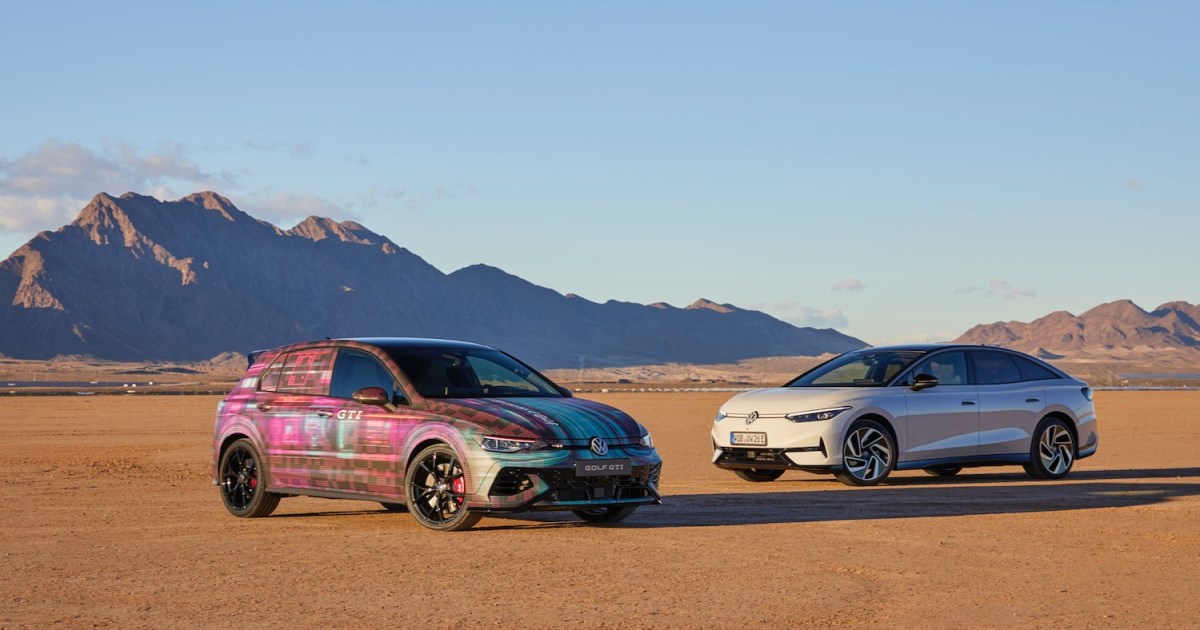Cruise, the autonomous vehicle startup backed by General Motors, has laid off approximately 900 employees, representing 24% of its workforce. This follows the dismissal of nine executives just a day prior.
Recent Setbacks Plague Cruise’s Autonomous Journey
Cruise has faced numerous obstacles in recent months. A significant incident in October involved one of its self-driving cars stopping on top of a woman in San Francisco, moments after she had been hit by a human-driven vehicle. This accident resulted in serious injuries for the woman and led California regulators to revoke Cruise’s permit for autonomous vehicle testing within the state.
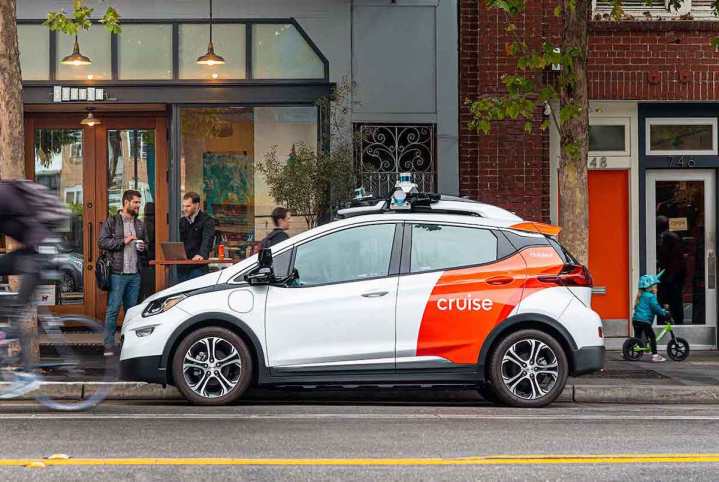 A Cruise autonomous car.
A Cruise autonomous car.
Following the San Francisco incident, Cruise suspended testing in other states. Shortly thereafter, co-founder and CEO Kyle Vogt, and co-founder and chief product officer Daniel Kan resigned from their positions. GM subsequently announced reduced funding for Cruise, a decision seemingly linked to the recent job cuts.
Internal Communication and Severance Details
Mo Elshenawy, the newly appointed president and CTO, addressed the layoffs in an email to Cruise employees. He acknowledged the difficulty of the situation, especially for those affected. Elshenawy explained the restructuring is aimed at streamlining operations, initially focusing on providing service in one city with the Chevy Bolt platform before scaling further. The job cuts primarily impacted operational roles and other areas, although some tech positions were also affected.
Departing employees will remain on the payroll until February 12th and will receive an additional eight weeks of pay.
GM’s Commitment and Cruise’s Path Forward
Despite the challenges, GM CEO Mary Barra remains committed to Cruise’s autonomous vehicle program. She emphasized the need to prioritize safety, transparency, and accountability, aiming to rebuild trust with regulators and the public. Barra highlighted the importance of developing this technology responsibly.
Cruise previously received authorization to transport paying passengers in San Francisco after several years of testing. However, various incidents raised concerns about the technology’s readiness for public roads, culminating in the October accident that triggered regulatory intervention.
 A Cruise autonomous car with a passenger
A Cruise autonomous car with a passenger
A now leaner Cruise faces the challenge of reversing its fortunes. 2024 will be a pivotal year for the company, determining its ability to overcome these hurdles and continue its pursuit of autonomous vehicle technology.



